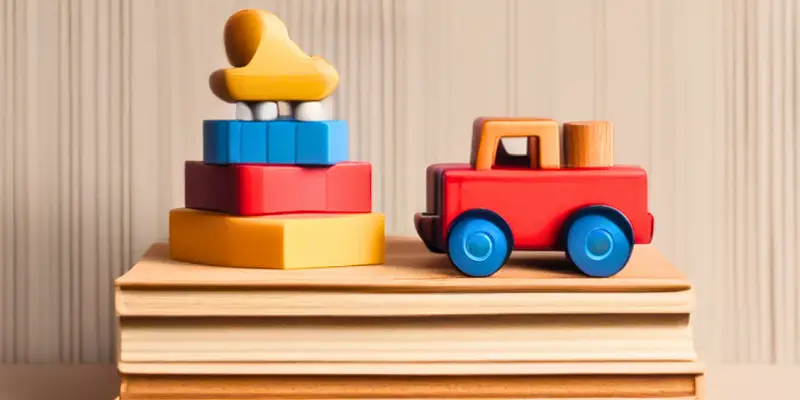Play and Education: A Balanced Approach for a Thriving Future
In my previous post, I highlighted the importance of productive education and how a thoughtful approach can truly shape a child’s mind. But why do I insist on education too, while I speak so highly of PLAY?
If there’s one thing I’ve learned through my journey as a mother and advocate for early childhood development, it’s that education alone isn’t enough.
Play is just as vital, and together, they create a powerful blend that nurtures well-rounded, thriving children.
I’ve always believed that play is not simply a way for children to pass the time—it is the most important work they do. Through play, children naturally develop the skills that will later support them in structured learning.
They learn how to explore, how to problem-solve, how to be creative, and, perhaps most importantly, how to find joy in learning. When my own children play, I see firsthand how their eyes light up with discovery, their minds churn with curiosity, and their resilience builds with every challenge they overcome.
Why Play is the Foundation of Education
Play forms the groundwork on which structured education is built. When children engage in imaginative play or explore through hands-on activities, they’re preparing for the more formal aspects of learning that come with age. They practice focus, develop motor skills, and cultivate the social and emotional intelligence needed to interact with peers and adapt to new environments.
I’ve observed that play helps children feel safe to take risks and try new things—an essential mindset as they transition to more structured education. It’s not just about fun; it’s about setting them up for a lifetime of curiosity and resilience.
Creating a Balanced Environment
Finding the balance between play and education isn’t just a theory—it’s something I strive for every day, both at BravoKids and at home. Structured education has its place in teaching discipline, critical thinking, and foundational academic skills, but play is what breathes life into that learning. It keeps children engaged, happy, and motivated.
I’m constantly reminded that when my kids play, they’re not just being entertained; they’re learning to face challenges, to be patient when things don’t go their way, and to express themselves creatively. These moments may seem simple, but they’re preparing them for the bigger moments in life—where adaptability, creativity, and a strong sense of self will matter most.
The Perfect Partnership of Play and Education
In essence, play is the very foundation of education. Through play, children gain the readiness to tackle structured learning and all the demands that come with it. As parents, educators, and advocates, I believe it’s our role to encourage both—to see play as not just a break from learning, but as an integral part of it.
Now, more than ever, it’s essential to nurture our children’s growth by weaving both play and education into their daily routines.
When we stay present, mindful, and intentional in creating experiences that combine learning with joy, we’re not just preparing them for school—we’re laying the foundation for a rich, fulfilling life.
This approach sparks their creativity, builds resilience, and equips them with the skills they need to thrive throughout their journey.

